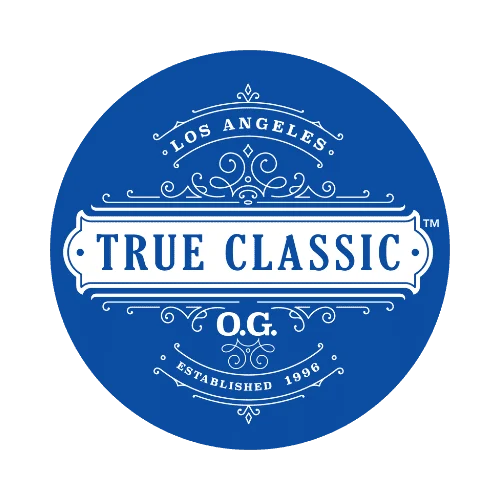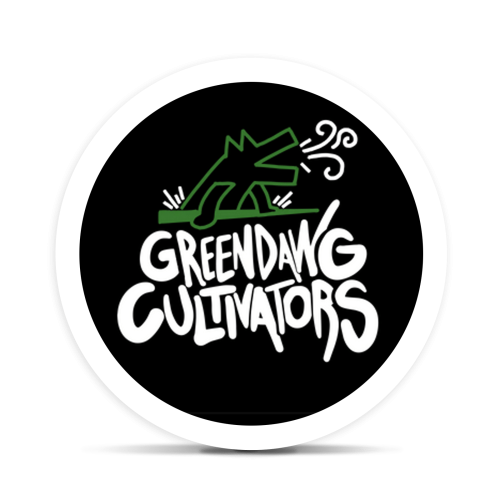In the latest episode of Catalyst’s podcast, Elliot Lewis, owner of Catalyst, engaged in a profound conversation with Thomas Martin of Raw Garden. Together, they explored the pivotal aspects of clean cannabis farming, effective pesticide management, and the unwavering commitment to consumer safety. Check out this comprehensive recap of their insightful discussion, highlighting the strategies and initiatives that are shaping the future of the cannabis industry and the challenges of being a clean brand.
1. Commitment to Clean Farming Practices
Thomas Martin emphasized Raw Garden’s dedication to maintaining the highest standards in cannabis cultivation. By farming their own cannabis, Catalyst ensures complete control over the cultivation process, eliminating uncertainties associated with third-party growers.
Key Points:
- Direct Control: Farming in-house allows Raw Garden to monitor pesticide use meticulously.
- Sustainable Practices: Adoption of organic and salt-based nutrients to prevent pesticide drift and maintain soil health.
Elliot echoed these sentiments, highlighting the importance of sustainable farming techniques in producing safe and high-quality cannabis.
2. Comprehensive Pesticide Management
Pesticide management remains a critical concern in the cannabis industry. Both Elliot and Thomas discussed the challenges and solutions related to pesticide use, focusing on minimizing harmful chemical residues in cannabis products.
Strategies Discussed:
- Elimination of Harmful Pesticides: Raw Garden is committed to removing pesticides like Endeavor, known for their potential health risks, from their farming practices.
- Alternative Solutions: Implementing safer pesticide alternatives and adopting best practices to reduce chemical usage.
3. Advanced Testing Standards
Ensuring product safety goes beyond farming practices. Comprehensive testing is essential to verify that cannabis products are free from harmful contaminants.
Highlights:
- Expanded Testing Panels: Elliot Lewis highlighted the need for testing beyond the standard 66-chemical DCC panel, advocating for broader testing to include up to 600 chemicals.
- Partnership with Reputable Labs: Catalyst collaborates with labs like International Analytical Laboratories (IAL) and Andresco to conduct thorough testing, ensuring that every batch meets stringent safety standards.
4. Addressing Heavy Metal Bioaccumulation
Cannabis plants naturally absorb heavy metals from the soil, which can pose significant health risks if not properly managed.
Mitigation Techniques:
- Soil Management: Converting adjacent agricultural lands to organic farming to reduce soil contamination.
- Concentration Processes: Utilizing advanced methods to minimize heavy metal content in oil products, ensuring safety without compromising quality.
5. Promoting Transparency and Consumer Trust
Transparency is a cornerstone of both Catalyst and Raw Garden’s operations. Providing consumers with clear and accessible information about product safety and quality builds trust and fosters informed decision-making.
Initiatives Highlighted:
- Blue Dot Sticker: Catalyst is rolling out the CAT4 Certified sticker, signifying that a product has passed rigorous safety and quality tests. This initiative aims to empower consumers to easily identify trustworthy products.
- Accessible Certificates of Analysis (COAs): Detailed COAs are made available through digital platforms or QR codes on packaging, allowing consumers and retailers to verify the safety and quality of the products they purchase.
6. Bridging the Gap Between Legal and Black Markets
The conversation also touched on the stark differences between the legal and black markets in cannabis, particularly regarding product safety and quality.
Approaches to Combat the Black Market:
- Superior Product Standards: By maintaining high-quality standards, Catalyst and Raw Garden aim to outshine black market products, encouraging consumers to choose safe and reliable options.
- Consumer Education: Informing consumers about the risks associated with black market cannabis helps drive demand for legally produced, safe products.
7. Future Directions and Industry Leadership
Looking ahead, Elliot Lewis and Thomas Martin discussed their vision for leading the cannabis industry through continuous improvement and advocacy for higher standards.
Future Goals:
- Expanding Testing Capabilities: Increasing the range of chemicals tested to further enhance product safety.
- Sustainable Practices: Continuing efforts to promote organic farming and reduce environmental impact.
- Industry Advocacy: Pushing for higher regulatory standards and greater transparency across the cannabis market.
Conclusion: Leading the Way in Safe and Clean Cannabis
The conversation between Elliot Lewis and Thomas Martin underscored the critical importance of clean farming practices, comprehensive pesticide management, and unwavering transparency in the cannabis industry. By adopting advanced testing standards, promoting sustainable farming, and fostering consumer trust, Catalyst and Raw Garden are setting new benchmarks for quality and safety.
Join us in our mission to make cannabis great again by choosing clean, safe, and high-quality products from Catalyst and Raw Garden. Visit Catalyst’s Website today to explore our range of superior cannabis products and learn more about our dedication to your health and safety.
External Links:
























